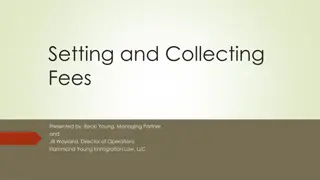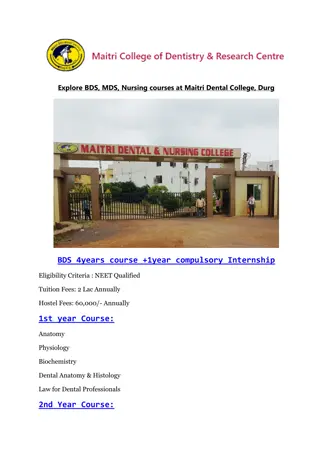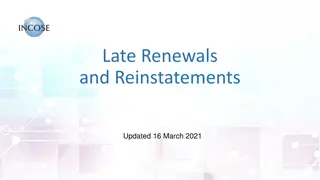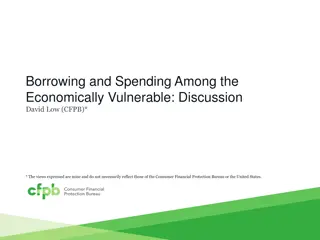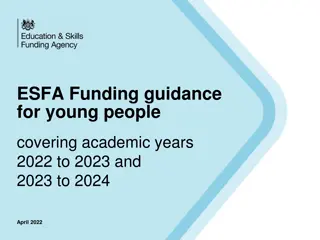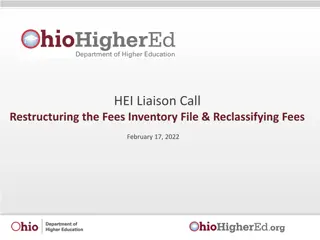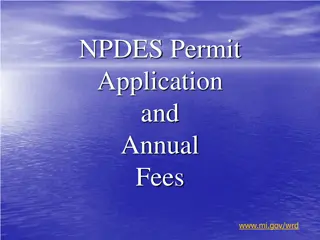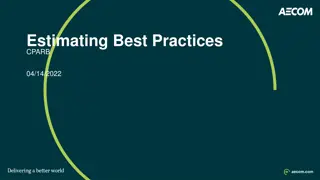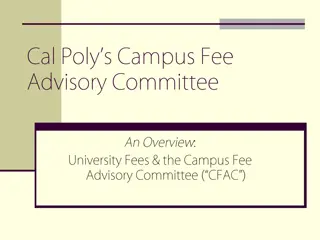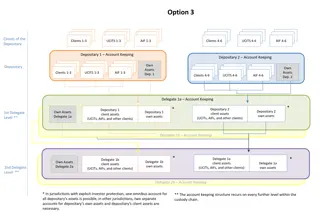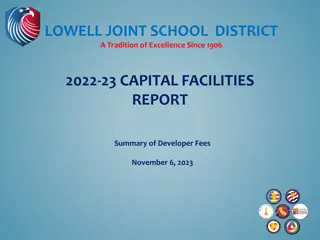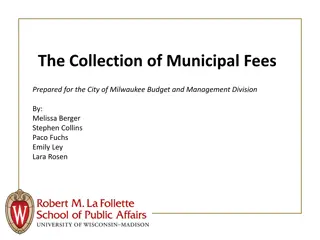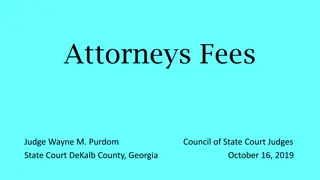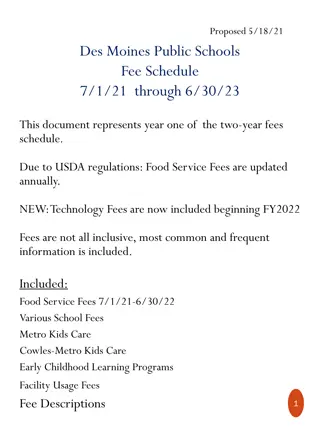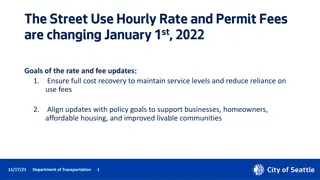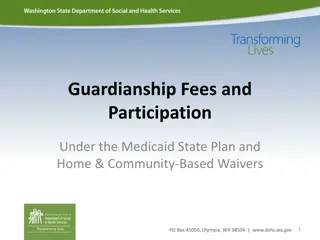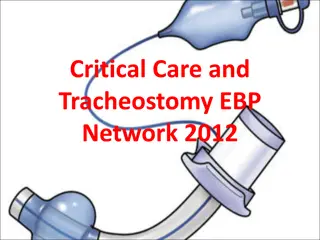Ways to Avoid Overdraft Fees
Learn how to prevent overdraft fees by opting out of coverage, checking your accounts regularly, setting up alerts for low balances, and utilizing overdraft protection services. Understand the importance of managing your money effectively to avoid unnecessary fees and financial stress.
Uploaded on Mar 03, 2025 | 2 Views
Download Presentation

Please find below an Image/Link to download the presentation.
The content on the website is provided AS IS for your information and personal use only. It may not be sold, licensed, or shared on other websites without obtaining consent from the author.If you encounter any issues during the download, it is possible that the publisher has removed the file from their server.
You are allowed to download the files provided on this website for personal or commercial use, subject to the condition that they are used lawfully. All files are the property of their respective owners.
The content on the website is provided AS IS for your information and personal use only. It may not be sold, licensed, or shared on other websites without obtaining consent from the author.
E N D
Presentation Transcript
9 Chapter Budget
How to Prevent /Avoid Overdraft Fees? Way to Avoid Opt out of overdraft coverage Details: - Bank provider cannot cover one-time debit card or ATM transactions your card will be declined as no funds - It can cover checks and recurring debit transactions (automatic bill pay) - Check your accounts weekly, daily, or before every transaction you make -Balances can be checked online, via mobile app, by a phone call or by visiting an ATM or branch. Watch your account balances regularly - get notified when an account goes below a certain threshold that you set. - Example: Set to get when account balance is below $75.00 Set up alerts for low balances - Bank may offer an overdraft protection transfer service. Linking your checking to another account, such as a savings or credit account Linked to Saving automatic withdrawal from that account Linked to A Credit Account you have to pay it back - Usually a fee, but less than the standard $35.00 Link to another account Overdraft Protection - -
Overdraft Protection If you withdrawn money from your account for more than what is in your account = Overdraft or NSF: Ex: You use your Debit card for $5.00 and only $1.00 in account Bank charges $30 - $35 overdraft fee for every overdraft Entered as NSF in your account New law in 2010 prevented banks from charging fees when you sign up for Opt Out Overdraft Coverage Overdraft Protection Your transactions are covered even if you have insufficient funds because linked to an account A fee is normally charged for this service - $20 for the year Check the bank for your options
Money For Spending and Savings Income: is money that an individual receives for work conducted or through investing capital Income can come from Wages or Salaries Interest Dividends - money paid regularly (typically quarterly) by a company to its shareholders out of its profits Capital gains - a profit from the sale of property or an investment Pension/Social Security payments received during a given tax year
Money For Spending and Savings Net Income: Total wage after taxes are withheld. This money is used to pay for necessities, to save, or to spend on wants Disposable income is the amount of money you have left over after you've paid all your federal, state and local taxes (net income) and is first used to pay for fixed and variable expenses used on needs Examples: rent, utilities, cell phone, insurance, transportation Discretionary income is the money you have left over after you've paid your taxes and necessary expenses (needs) spend on what you want Eating out, subscriptions, movies, concerts etc. Checking account, SHOULD BE USED TO CONTROL SPENDING & SAVINGS.
Assets Assets: things you own that have present or future monetary value Common examples of personal assets include: Cash: checking, and savings accounts, CD values, money market accounts, physical cash Property - land, cars, boats, collectibles, household furnishings, jewelry, vehicles Investments annuities, bonds, the cash value of life insurance policies, mutual funds, pensions, retirement plans (IRA, 401(k), etc.) stocks Debt: something, typically money, that is owed or due Bills, loans (house, car, boat etc.) Credit Card Debt College Loans
Fixed Expenses: payment amount stays the same each month: Disposable income Variable Expenses: the amount you spend may vary each month Can be disposable or discretionary
Assets? True or False, the more you own, the more wealthy you are? Many people think that being wealthy means you own a lot of stuff .
Answer the following in your notes: Your friends and you notice a person who always has brand new clothes, fancy cars, shoes, and electronics. What would you need to know in order to tell if this person is wealthy?
Assignment Google Classroom Assignment and complete the Ed puzzle. Answer the following in your note Packet: Budget definition: 50/30/20 Plan for Budgeting Examples of Needs Examples of Wants


